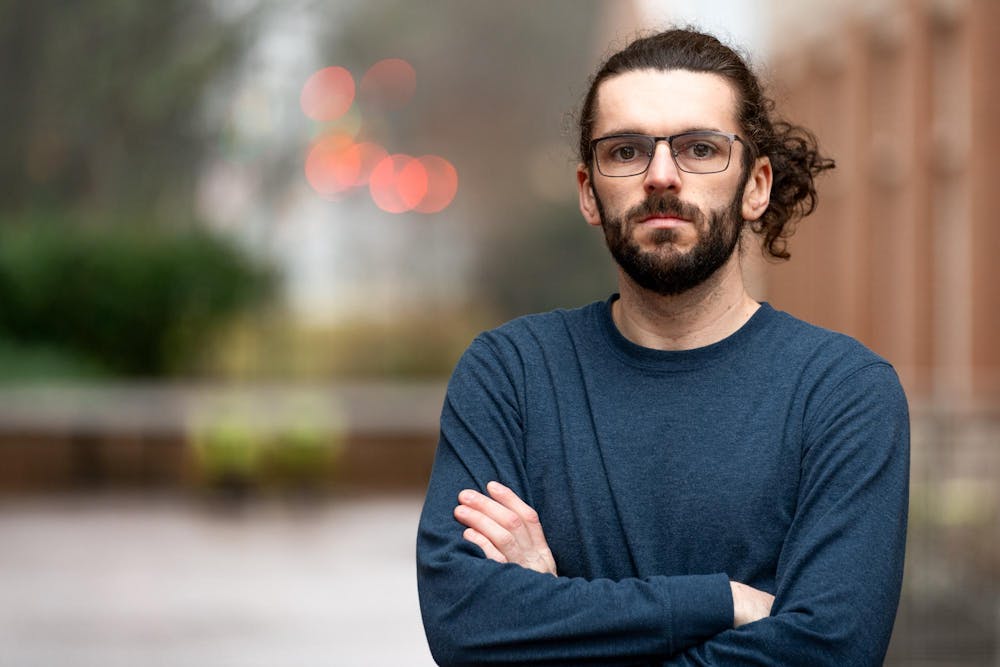Graduate and postdoctoral students in the UNC Department of Chemistry are calling for more University action on mental health within the Graduate School in response to the Aug. 28 campus shooting and strains from the structure of principal investigator-student relationships.
Jackson Cacioppo, a Ph.D. candidate in the chemistry department, said "toxicity" in some graduate programs caused students to struggle with their mental health in a manner that is inconsistent across departments. He specifically mentioned pressure and inadequate support from the University, a department or adviser.
Cacioppo also said the Aug. 28 shooting did not create the issue of poor mental wellness among graduate students but exacerbated it.
“There are a lot of people who work in the same building or the same complex as the shooting happened who have just felt a lot less safe in the wake of that and that's a significant detriment to well-being on a daily basis,” he said.
After Aug. 28, UNC postdoctoral scientist Laura Huff wrote a letter to the Dean of the Graduate School Elizabeth Mayer-Davis calling for a greater focus on graduate student mental wellness. Huff then created a survey that allowed graduate students to offer their insight on how the University might address student mental health and administered it to the department.
Conversations between Huff, Mayer-Davis, former Chancellor Kevin Guskiewicz and President of Graduate and Professional Student Government Lauren Hawkinson followed, and Huff said she felt they expressed interest in addressing the problem.
With support from Provost Christopher Clemons, Hawkinson said the school has launched a graduate student experience initiative to assess the current mental health resources available at UNC and determine what needs to be improved. Hawkinson serves as a member of the steering committee for the initiative.
“Unfortunately, I think change, especially at universities, is a slow, slow process, so I am really encouraged by how quickly this graduate student experience initiative has been brought together,” Hawkinson said.
Along with workloads that often include classes, work and research, Huff said the support structure between students and their principal investigators, or PIs, also contributes to graduate students feeling less "protected” from mental health struggles.




